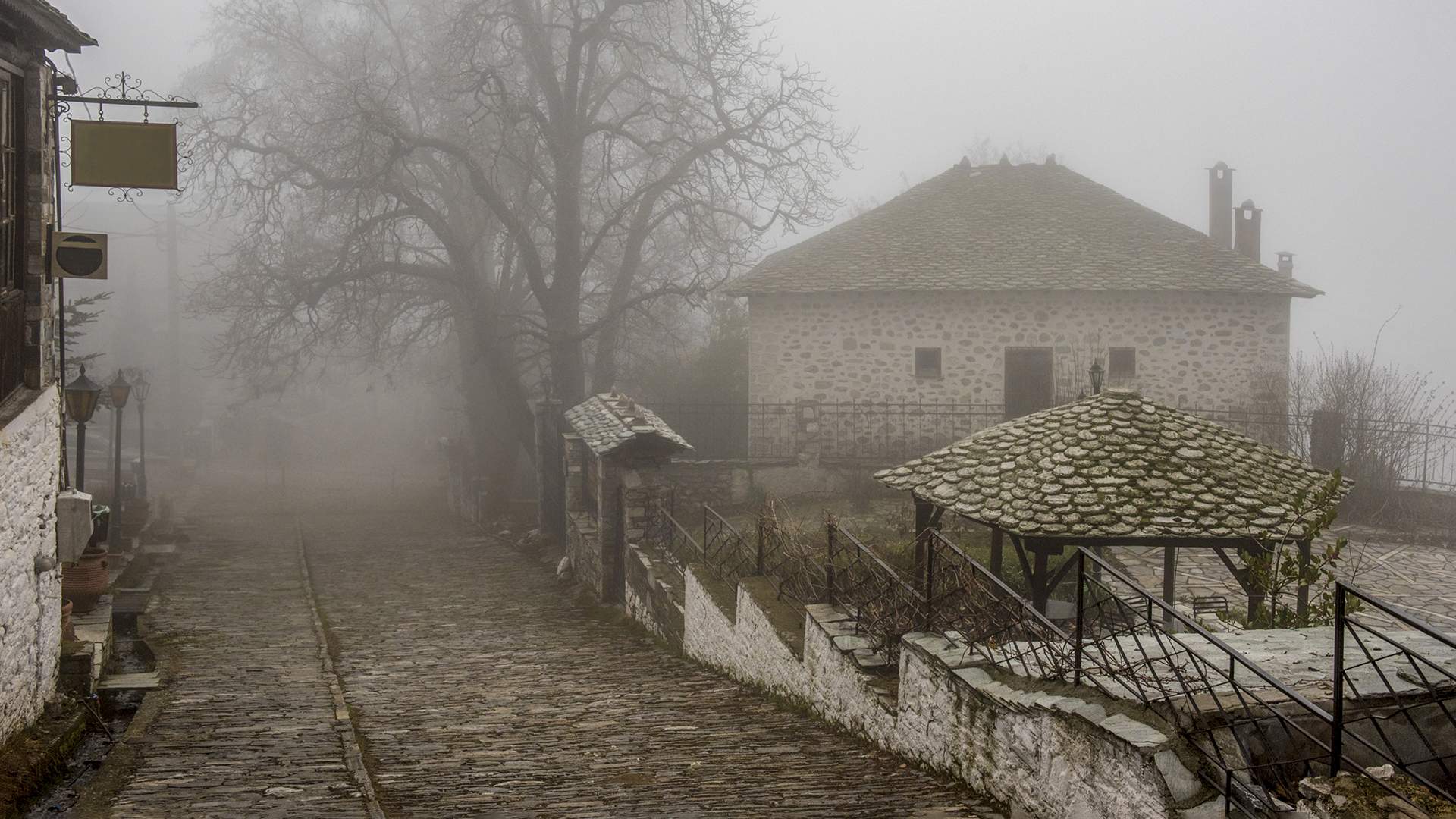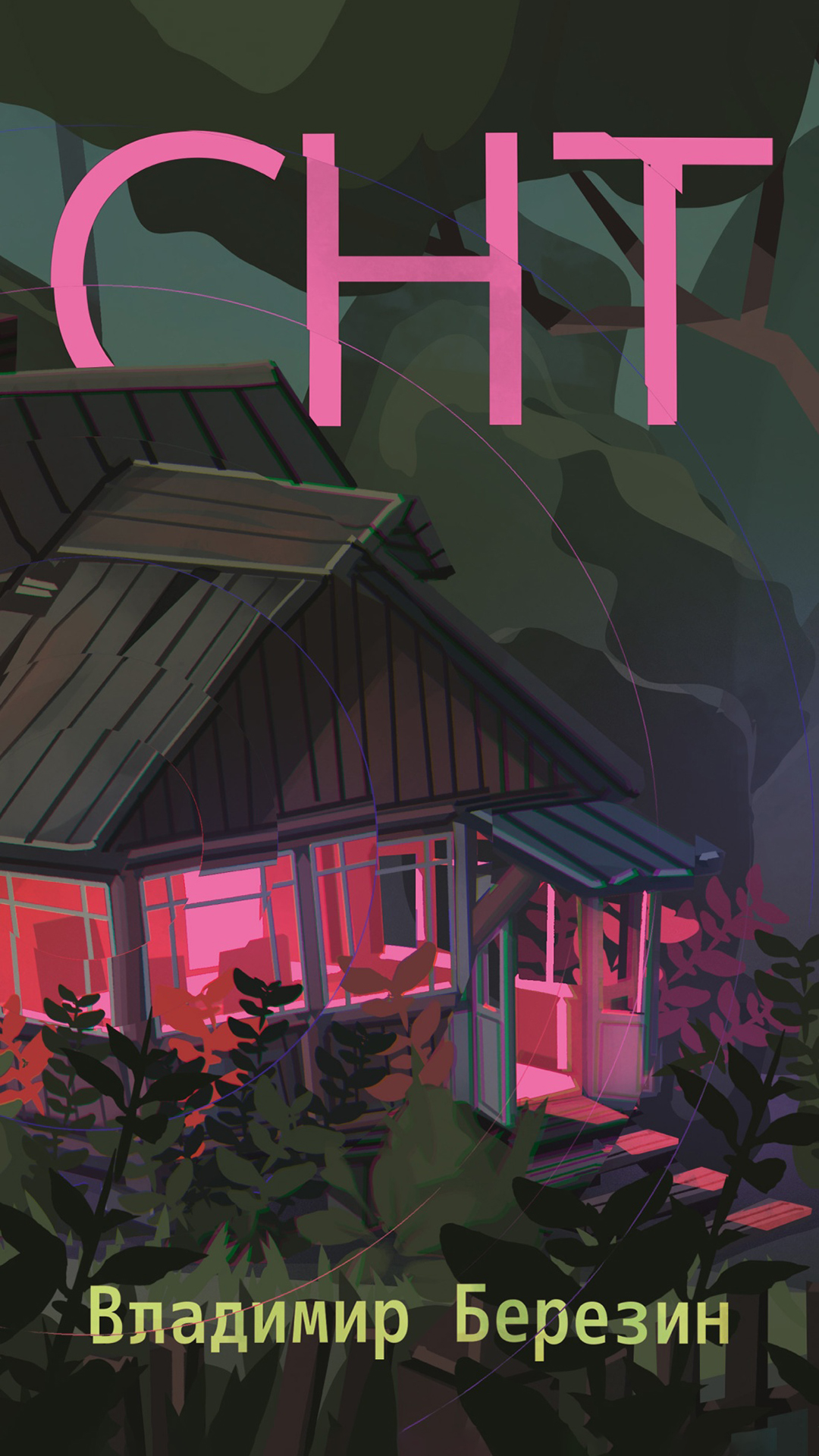Bones moved to the cottage: myths of suburban life in a mystery novel

The novel, called by the abbreviation SNT (gardening non-commercial partnership), Vladimir Berezin builds up from bricks-chapters marked with small letters in brackets: the first one is also called (snt). Thus the author as if hints that the stories collected in the book, united by the dacha-urban theme (as well as some cross-cutting characters, images and metaphors), can be perceived separately, but this separateness should not be exaggerated. It is the same illusion of separateness, isolation, as a fenced cottage within a SNT. Berezin's gardening community, where gardens do not necessarily bloom, represents a single zone of the forbidden, the transcendent - hardly the very Zone that the Strugatsky brothers respectfully capitalize in "Picnic on the Side of the Road". Critic Lidia Maslova presents the book of the week especially for Izvestia.
Vladimir Berezin
"SNT"
SPb.: "Azbuka", "Azbuka-Atticus", 2024. - 416 с.
A reference to "Picnic on the Side of the Road" can be found in the chapter (the ball), but the character named Petrov, spinning in his head the quote "No one should leave offended anyway", makes his own corrections to the Strugatsky concept: "...a real magic ball should not fulfill the wishes of wanderers at all, it should fulfill the wishes of everyone else - in relation to those who got here. Happiness is not in the fulfillment of wishes, but in finding one's place and purpose. So what if you have to disappear to do that - what's the use of dragging it out? There is no reason to drag it out, having grown old, to live out your life in a garbage apartment". And young adventurers from the chapter (grave at the edge of the forest) feel like stalkers when they penetrate the abandoned military unit, surrounded by myths about radiation and secret experiments to explore the possibilities of the human brain.

Noting in parentheses that one story is slowly replaced by another, as if displaced in time and space (which in fact in "SNT" is not), Berezin weaves a dense fabric of a single metaphysical text. The main thing in it is not what one can do at the dacha (although there is a wide assortment of various children's and adults' pranks), but how one can feel in this border zone, where the urban laws of rational, materialistic worldview do not apply. This difference manifests itself even on the simplest, everyday level, when old things, sent to the dacha exile, mysteriously disappear and fall into some other existence: "In the city, in order to make a cabinet disappear, you need to agree with a special firm, but at the dacha you just find an ugly handle among the ashes. Things live their own life, turning into something else, the backs of beds become a fence, a disemboweled radiola becomes a nightstand."
Decorated in an appropriate, slightly infernal way, with a dacha veranda glowing in the night on the cover and a sunset-reddish-colored trim, "SNT" presents country life as a portal to another dimension, where right behind the dacha fence the otherworldly begins, sometimes scary, sometimes funny, but best of all - when both are together. As, for example, in the chapter (Give your dinner to the enemy), where three teenagers climb into someone else's dacha in the remote village of Beekeeper for the purpose of mischievous looting, and find themselves in the clutches of a red-haired old beekeeper. He wisely remarks that "all our life is magic", recalls the philosopher Skovoroda, "whom the devil himself could not catch, even pretending to be the whole world", tells terrible fairy tales and explains why he did not do well with bees, and empty hives stand on his property instead of crosses "in memory of food, that is - over the scraps that lie beneath them".
The beekeeper claims that he still has the nickname Rudy from the 1990s, but we know from which farm it came. Gogol's motifs are also heard in the last chapter (Noyabrina), where one of the central characters of the novel, Rayevsky, falls in love with the granddaughter of Noyabrina Fenechkina, who is presented as "the well-known Great Mummifier of Wildlife, the compiler of the elixirs of immortality of cucumbers and tomatoes, the lord of mushrooms and cabbage". Demonic Noyabrina terrifies the gifts of dacha nature that can not run fast: "They, however, felt her approach: potatoes wanted to burrow deeper and begged the moles for salvation, turnips and carrots, on the contrary, tried to pull out of the ground, cucumbers in fear rolled around the beds. But it was not to be: nothing alive could not escape from Noyabrina Fenechkina, everything she turned into food".
Raevsky comes to Noyabrina's dacha to be tested as a potential granddaughter's fiancé, and for three nights he guards a turnip, but it is not a simple turnip, but a modified elephant turnip, which on the third day already reaches human height. The incidents occurring near the turnip refer to the story "May Night, or the Drowned Woman": at night Raevsky uses a stone to beat the wing of a crow that is trying to kill the elephant turnip, and in the morning he notices that Noyabrina's hand is wrapped in a shawl, like Gogol's witch. Gradually, the hero begins to believe "in old tales that in past times Noyabrina Fenechkina canned people. It was said that part of her collection is still exhibited in rolled-up jars in our Northern Capital, near the Palace Bridge." The analogy between the canned cucumbers and the exhibits of the Kunstkammer appears at the beginning of the book, in the chapter (old people), where Raevsky, walking through an autumn dacha village full of old men and old women busy with home cooking, reflects on their ineradicability: "They can't cope with war, they will survive even after a nuclear strike in their holes, where pickled cucumbers will look at them from the steel shelves, as if they were babies in the Kunstkammer.
The living, moving and breathing lexical "biomass" (as one of the chapters on the birth of a new civilization in a dacha latrine is called), from which "SNT" is molded, are dacha conversations "about things that are and things to come," (pseudo)scientific, philosophical, romantic and even eschatological, which Raevsky does not like very much: "If anything - trumpets the bugler, and out of the woods come four horsemen - one with an epidemic in a test tube, another with hunger, the third with a crossbow, and the fourth .... But here the rule is true: settled at friends, so tolerate their feast and their conversations." Therefore, of course, it is better not to move to other people's dachas as guests, but to try to become full-fledged dacha residents, choosing what to talk about: "To live and grow old in their cottage, to sit on the bench, where veterans recall former battles, victories and defeats that replaced each other with unenviable frequency. They go through the memory of landing operations in the dachas, carpet bombing, tank battles in the kitchen area. It's normal. And eternal battle, we can only dream of peace".
Переведено сервисом «Яндекс Переводчик»
